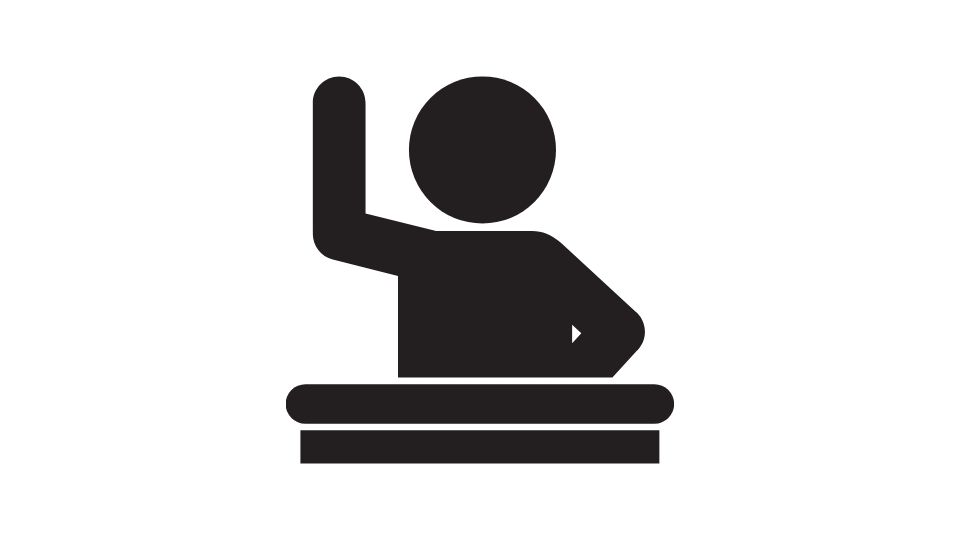Can You Sue for Food Poisoning?

So you just ate at that new trendy restaurant, and now you’re hugging the toilet bowl?
Welcome to the wonderful world of food poisoning. And naturally, after 12 hours of misery, you’re wondering if you can make someone pay (literally) for what they’ve done to your digestive system.
The answer is yes—you can sue for food poisoning. But before you start drafting angry legal letters between bathroom sprints, let’s talk about what it actually takes to win one of these cases.
Food Poisoning Lawsuits: What You Need to Know
Food poisoning hits about 48 million Americans every year. That’s 1 in 6 of us spending quality time with our bathroom fixtures annually. While most cases are just uncomfortable inconveniences, some can lead to serious health issues or even death.
So if you’re considering legal action after your stomach’s rebellion, you’re definitely not alone in this fight.
Can You Actually Sue for Food Poisoning?

Absolutely yes. But (there’s always a but) it’s not as simple as saying “this burrito destroyed me, now pay up.”
To successfully sue, you’ll need to prove a few key things:
- The food you ate was contaminated
- That contamination made you sick
- The business failed in its duty to serve safe food
- You suffered actual damages (medical bills, lost wages, etc.)
Think of it like any other personal injury case. You need to connect the dots between someone’s negligence and your suffering.
The Burden of Proof (AKA the Hard Part)
Here’s where many food poisoning cases fall apart. You need evidence. And not just “I felt terrible after eating there” evidence.
What Evidence Do You Need?
- Medical documentation: Did you actually go to the doctor? Did they diagnose food poisoning?
- Lab tests: Tests confirming specific pathogens like Salmonella, E. coli, or Listeria make your case much stronger
- Proof of purchase: Receipt showing you actually ate at the establishment
- Health department reports: Did other people get sick too?
- Leftover food: If you somehow managed to save that suspicious chicken salad, it could be tested
The strongest cases involve laboratory-confirmed infections that match pathogens found in the restaurant’s food or kitchen.
Types of Food Poisoning Claims

There are two main legal theories you’ll likely use:
1. Negligence
This is when you claim the restaurant or food producer was careless. Maybe they:
- Didn’t cook food to proper temperatures
- Had employees with unwashed hands
- Stored food improperly
- Used contaminated ingredients
2. Strict Liability
This is a bit easier to prove. With strict liability, you just need to show:
- The food contained a harmful contaminant
- That contaminant made you sick
- You suffered damages
No need to prove the business was careless—just that their product hurt you.
How Much Money Can You Get?
If you win your case, you might receive compensation for:
- Medical expenses: Hospital bills, medication, follow-up care
- Lost wages: Income you missed while hugging the toilet
- Pain and suffering: Compensation for your misery
- Punitive damages: Extra money to punish particularly bad behavior
The average food poisoning settlement ranges from a few thousand dollars for minor cases to hundreds of thousands for severe ones involving hospitalization or death.
Real Talk: The Challenges of Food Poisoning Cases

Before you call that lawyer you saw on the bus bench ad, let’s be honest about some realities:
Timing issues: Most food poisoning symptoms don’t appear immediately. That chicken that made you sick at 2 AM might have been yesterday’s lunch, not last night’s dinner.
Multiple food sources: Did you eat anywhere else that day? The defense will definitely ask.
Pre-existing conditions: Do you have a sensitive stomach already? The defense will try to blame that.
No leftover food: Without the actual contaminated food to test, your case gets much harder.
Cost vs. benefit: If you were sick for 24 hours but recovered fully, the legal costs might outweigh any potential settlement.
Should You Sue? A Quick Decision Guide

Consider suing if:
- You were hospitalized or seriously ill
- You have positive test results confirming food poisoning
- You have clear evidence pointing to a specific food source
- You suffered significant damages (big medical bills, missed work)
- Other people got sick from the same place (foodborne illness outbreaks strengthen your case)
Maybe skip the lawsuit if:
- You had a mild case and recovered quickly
- You have no medical documentation
- You’re not sure which meal made you sick
- Your damages are minimal
Steps to Take If You Think You Have a Case
Get medical attention ASAP
Document everything. Get tested for specific pathogens.Save everything
Keep receipts, leftover food (refrigerated or frozen), packaging.Report to health authorities
Local health departments track outbreaks and may inspect the restaurant.Document your illness
Keep a journal of symptoms, medications, and recovery time.Consult an attorney
Many personal injury lawyers offer free consultations for food poisoning cases.
The Bottom Line
Can you sue for food poisoning? Yes.
Is it easy? No.
Is it worth it? Depends on how serious your case was and how strong your evidence is.
Remember, the restaurant industry operates on thin margins, and no one deliberately tries to poison customers. Most food poisoning is the result of mistakes or oversight, not malice. Sometimes a refund and an apology might be all you need.
But if you suffered serious harm from contaminated food? You absolutely have legal options. Don’t let anyone tell you that your suffering doesn’t matter just because it came from a meal.
And maybe, just maybe, your lawsuit will help improve food safety practices and prevent someone else from spending their weekend worshipping the porcelain god.

